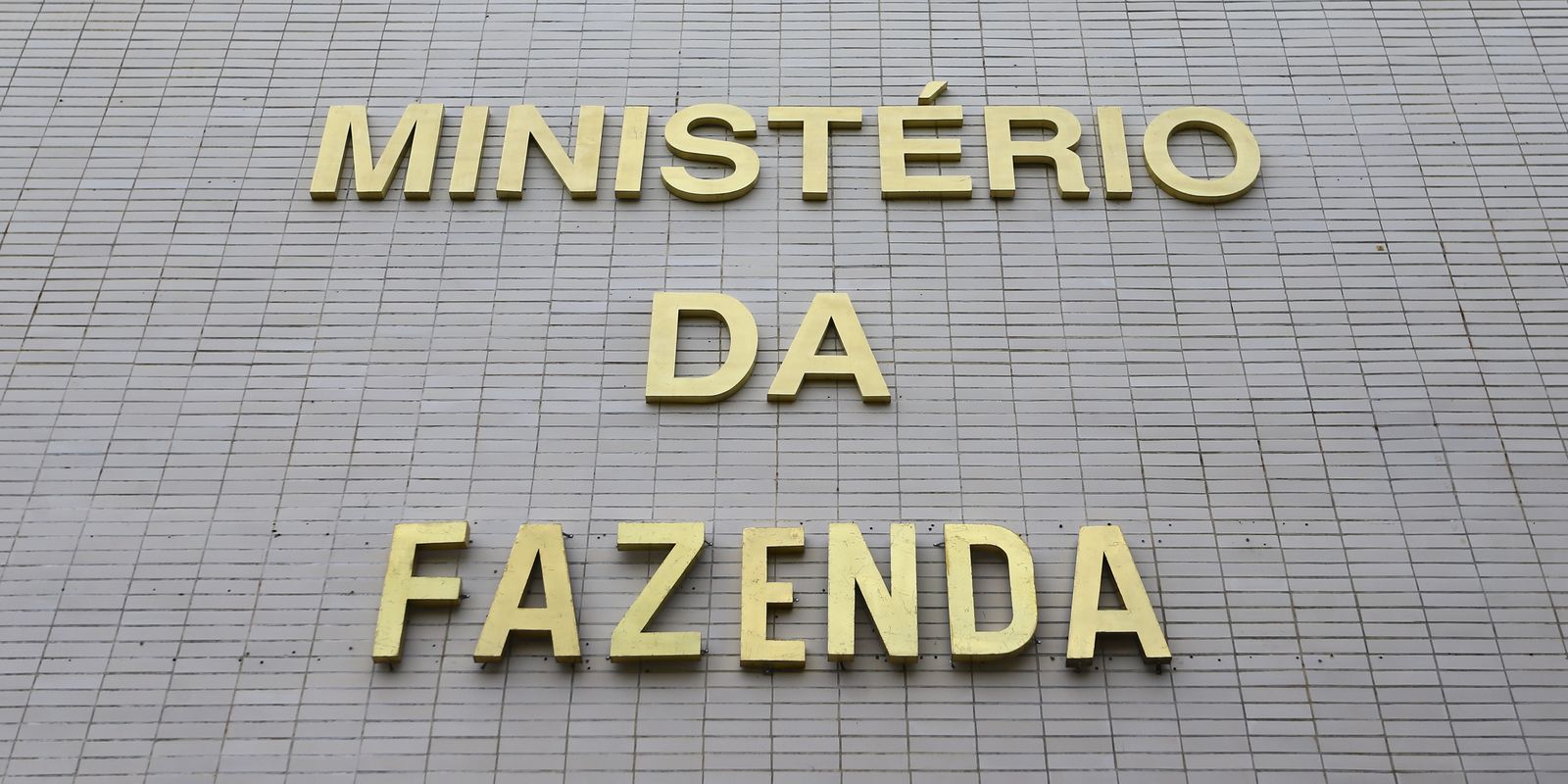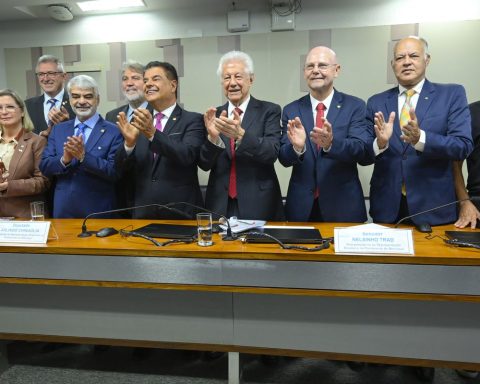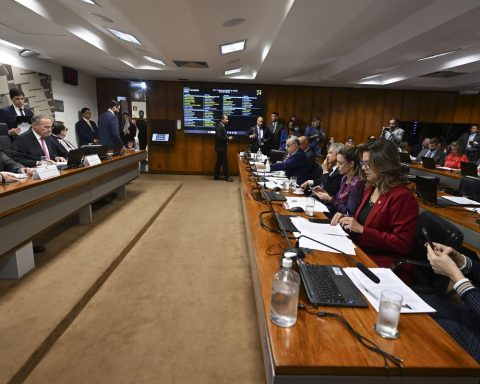The Secretariat for Economic Policy (SPE) of the Ministry of Finance increased its inflation estimate for the Broad National Consumer Price Index (IPCA) this year from 3.7% to 3.9%. The forecast is included in the Macrofiscal Bulletin, released this Thursday (18). Regarding the Gross Domestic Product (GDP, the sum of wealth produced), the document maintained the growth projection for 2024 at 2.5%.
The forecast for the IPCA is within the inflation target for the year, set by the National Monetary Council (CMN) at 3%, with a tolerance range of 1.5 percentage points above or below. In other words, the lower limit is 1.5% and the upper limit is 4.5%. For 2025, the estimate increased from 3.2% to 3.3%.
According to the SPE, the impacts of the high dollar and the floods in Rio Grande do Sul on prices contributed to the increase in inflation estimates. Recent increases in gasoline and cooking gas prices also led to the estimate being revised upwards.
Regarding GDP, the growth projection was maintained due to the strength of retail sales and the growing demand for services. According to the SPE, the increase in demand is linked to job creation, the increase in income and the fall in interest rates throughout the first half of the year, which is reflected in fewer restrictions on credit.
The document predicted growth of 0.6% in the second quarter, compared to the previous quarter. For 2025, the expansion estimate was reduced from 2.8% to 2.6%. The SPE attributes the lower growth next year to the smaller reduction in the Selic Rate (the economy’s basic interest rate).
Rio Grande do Sul
The Macrofiscal Bulletin reported that the floods in Rio Grande do Sul will impact GDP by 0.25 percentage points in 2024. The document, however, points out that the effects on the economy should be offset by support measures for families, companies and state and municipal governments.
Earlier, Finance Minister Fernando Haddad said he had asked the economic team to be careful in revising the GDP due to the climate tragedy in Rio Grande do Sul. “I am asking the Secretariat of Economic Policy to be cautious in revising the GDP, to do so very carefully. We are receiving information and data that would support a reprojection. But I asked for caution in order to evaluate carefully whether this reprojection should be made and when it should be made. But the economic data is coming in very well. This is consistent with low pressure on prices, which is great, right? Growth with controlled inflation,” he declared.
Sectors
Despite maintaining the economic growth forecast at 2.5%, the SPE changed the estimate for the productive sectors. For agriculture, the expected variation for GDP fell from -1.4% to -2.5%, reflecting the reduction in estimates for the soybean, corn, and wheat harvest in 2024 and the impacts of the calamity in Rio Grande do Sul.
For industry, growth expectations were revised upwards, from 2.4% to 2.6%. According to SPE, the revision mainly reflects higher estimates for growth in the manufacturing and construction industries this year. The projection for expansion in services also rose, from 2.7% to 2.8%.
INPC
Regarding the other inflation indices, the SPE also revised its estimates. The National Consumer Price Index (INPC), used to establish the minimum wage and adjust pensions, is expected to close this year with a variation of 3.65%, slightly higher than the 3.5% reported in the previous bulletin, in March. The projection for the General Price Index – Internal Availability (IGP-DI), which includes the wholesale sector, construction costs and the end consumer, went from 3.5% to 3.6% this year. Because it reflects wholesale prices, the IGP-DI is more susceptible to variations in the dollar.
The figures from the Macrofiscal Bulletin are used in the Revenue and Expenditure Assessment Report, which will be released on the 22nd. Published every two months, the report provides forecasts for budget execution based on revenue performance and government spending forecasts, with GDP and inflation factored into some calculations. Based on compliance with the primary deficit target and the spending limit of the new fiscal framework, the government blocks some non-mandatory spending.

















